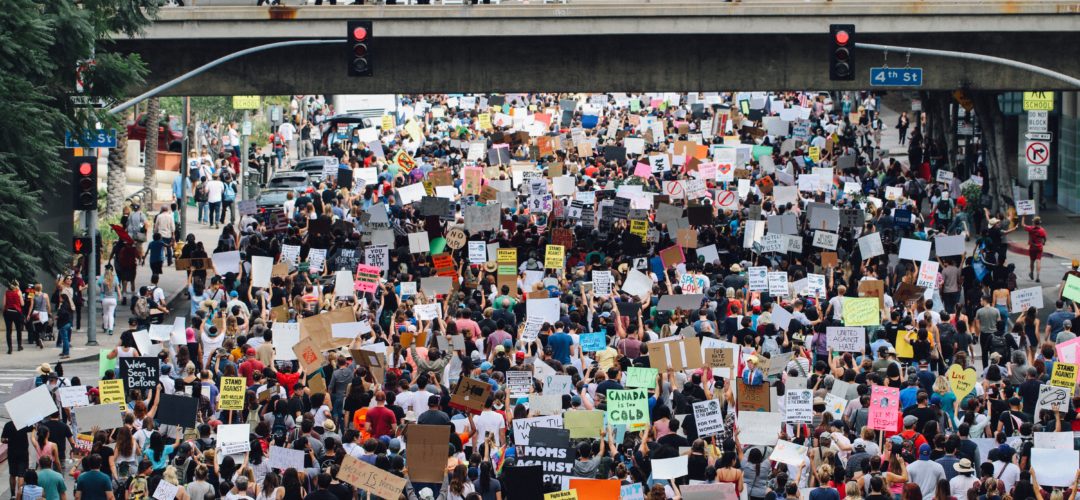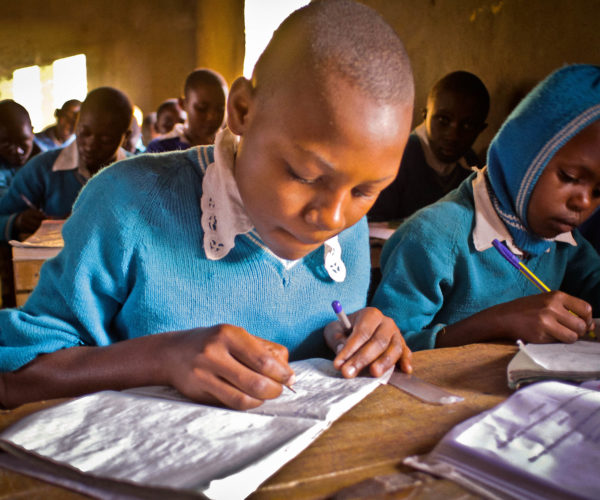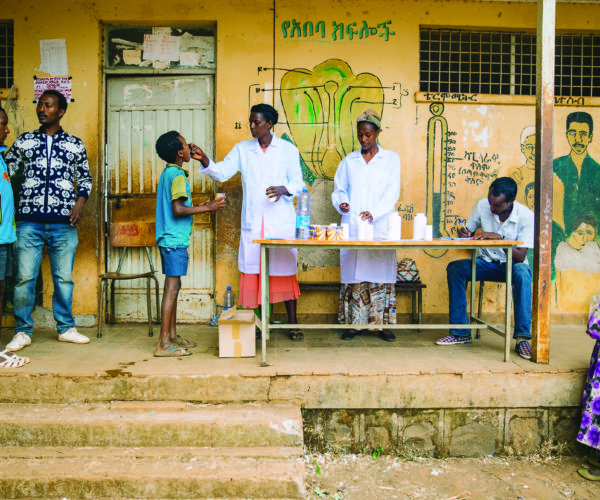Solidaire
October 15, 2018
Moved by the power of collective action demonstrated in the Occupy Wall Street, Arab Spring, and anti-austerity campaigns, a group of eight friends (philanthropists, academics, and activists) came together to talk about how best to fund movement organizing, eventually forming the donor network Solidaire. It launched in 2013 to meet urgent funding needs, support innovative movement-building methods, and construct the long-term philanthropic infrastructure necessary to address deep US structural inequalities. Today Solidaire is a community of 160+ members interested in giving in a more just, strategic, coordinated, and transformative way. Two-thirds of member contributions are pooled into a fund of ~$1 million per year for movement research-and-development strategies granted through solicited proposals. A rapid response fund lets members sponsor a request and rally support from other members without proposals, with funds moving as fast as a few hours and generally within a week or two.
An “aligned giving” campaign moves longer-term financial resources to support the Movement for Black Lives (M4BL) ecosystem. Solidaire incorporates M4BL’s fund strategy into its grant decisions – the Movement suggests to Solidaire which anchor organizations need funding, and Solidaire connects funders with grantees. Within 30 minutes of launching the M4BL aligned giving campaign, Solidaire had raised over $1 million. Within three years, that had become $7.5 million via 5-year commitments. Solidaire helps donors do something different from traditional philanthropy. Instead of offering a purely financial transaction, donors can partner with organizations on the front line of social equality movements.
Solidaire’s Program Director Janis Rosheuvel notes that Solidaire is pushing away from traditional evaluation methods, asking grantees to define what effective means and help ensure that Solidaire is on the right path: “Impact means creating deep, structural change.” Solidaire, recognizing that social change depends on cultural transformation, economic structures, and political systems, seeks creative disruption, organized communities, and political power to help build this ecosystem. Solidaire openly reflects on its challenges: as a mainly white organization, Solidaire is working on how to carry the voice of its grantees through day-to-day work. Jason Franklin, co-founder and chair, notes that “traditional philanthropy often operates at odds with the needs of social change movements working for systemic change, playing out patterns of power and privilege rooted in our current inequitable economic system.” This network is taking on the challenges of traditional power dynamics and working to transform philanthropy to act in solidarity with social movements as a true ally.
Back to News


